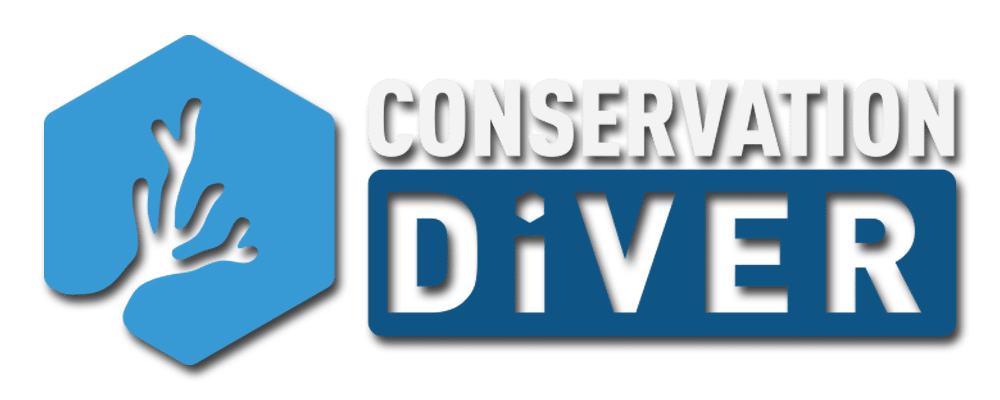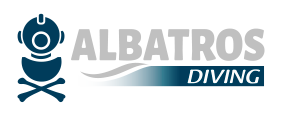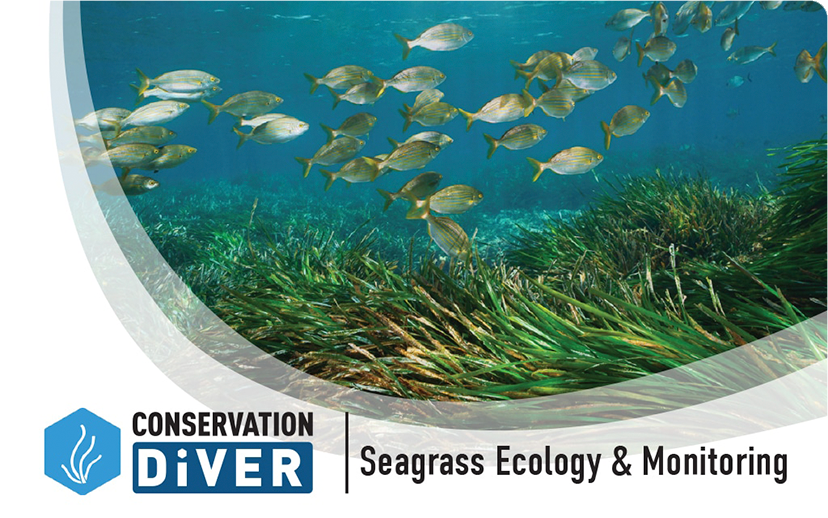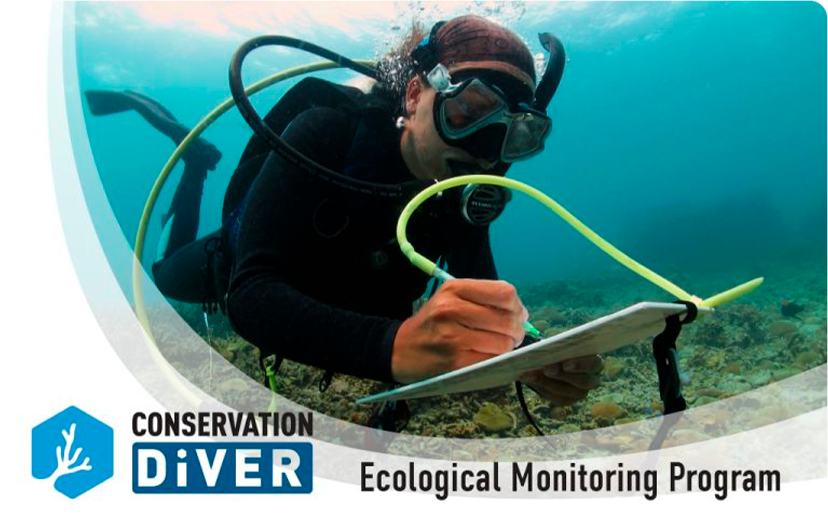MALLORCA
Albatros Diving
Located in Port of Cala Bona on the Balearic Island of Mallorca, Albratros Diving Marine Conservation program is headed up by Gigi Torras, a marine biologist and environmental scientist who in 2019 became a co-owner of the dive center. Gigi is also one of the founders of our partner organization Daughters of the Deep.
This program marks the first European Conservation Diver program in the temperate waters of the Mediterranean Sea. It is centered around the monitoring of the Balearic Islands unique ecosystem and understanding the climate change and anthropogenic threats it faces. We aim to help protect of seagrass meadows around the island that provide a vital importance for the health of coastal ecosystems and try to understand better the population dynamics of reef fish and invertebrate
Training Center Offering
Ecological Monitoring Program
Unlike our tropical programs that center around hard coral monitoring, this EMP has been specifically designed for the temperate waters of the Mediterranean using the same international protocols. Albatros Conservation Program has identified key indicator species of fish and invertebrates that when combined with data on substrate composition, water quality, turbidity and temperature can help us to understand the health factors that determine the ecosystems resilience to both climate and human threats.
This course consists of lectures:
- Introduction to Oceanography
- EMP Fish survey
- EMP Invertebrate survey
- EMP Substrate survey
Students will then complete 5 dives conducting transect line surveys, applying the knowledge they learnt in the classroom to the field.
Day 1
- Classroom: Introduction to Oceanography & Substrate Surveys
- Dives: 1 dive to practice the use of gear, setting up transects, communication
- Debrief: Including data input and review
Day 2
- Dives: 2 dives to practice the use of permanent transect surveys in order to analyze substrate composition
- Debrief: Including data input and review
- Classroom: Fish Surveys & Invertebrate Surveys
Day 3
- Dives: 2 dives running permanent transect surveys to analyze fish and invertebrate abundance and biodiversity
- Debrief: Including data input, review and conclusive scientific appraisal of the health of the ecosystem
Seagrass Ecology & Monitoring
The Balearic Islands are home to some of the largest seagrass meadows in the world, stretching many kilometers. These Posidonia oceanica meadows could be as old as 200,000 years old, dating it to the late Pleistocene and the dawn of humanity, making them the oldest living organizm on the planet.
Seagrass meadows form vital oceans ecosystems that provide habitats and nurseries areas for many organisms, help protect coastal erosion, prevent reefs from sedimentation smothering and lock up carbon.
However they declining at alarming rates due to climate change (e.g. warming, ocean acidification), alien species invasion and direct human activities near the coasts (e.g. coastal urban development, fishing activities, aquaculture) Its estimated that the regression of meadows amounted to 34% in the last 50 years.
This course aims to monitor the density and coverage of the seagrass meadows around Mallorca in order to help protect and conserve what is left and help to identify the threats to recover, in order to influence great protection for this amazing ecosystem.
Day 1
- Classroom: Seagrass Ecology and Monitoring techniques
- Land based practical run through of techniques
- Dives: 1 dive to trial of the practical application of different monitoring techniques
- Debrief: Compare success of each survey and review initial results
Day 2
- Dives: 2 dives collecting data on seagrass meadow density and coverage
- Debrief: Including data input, review and conclusive scientific appraisal of the health of seagrass meadows
Noble Pen Shell Ecology & Monitoring
Pinna nobilis, known locally as Nacra, is the Mediterranean’s larges mollusc bivalve, reaching up to 120cm. A disease outbreak in 2016 caused the mortality of 99% of the population around Spain. The species is threatened by extinction by further threats of fishing, boat anchorage and seagrass bed declines.
IUCN has listed it as critically endangered and so conservation groups must respond to try to understand more and help to prevent local and global extinctions.
This course focuses on the important role the Noble Pen Shell plays in the ecosystem and introduces students to the research methodologies that have been applied to try prevent any further declines.
Students will complete 1 lecture and 2 dives as part of this course








